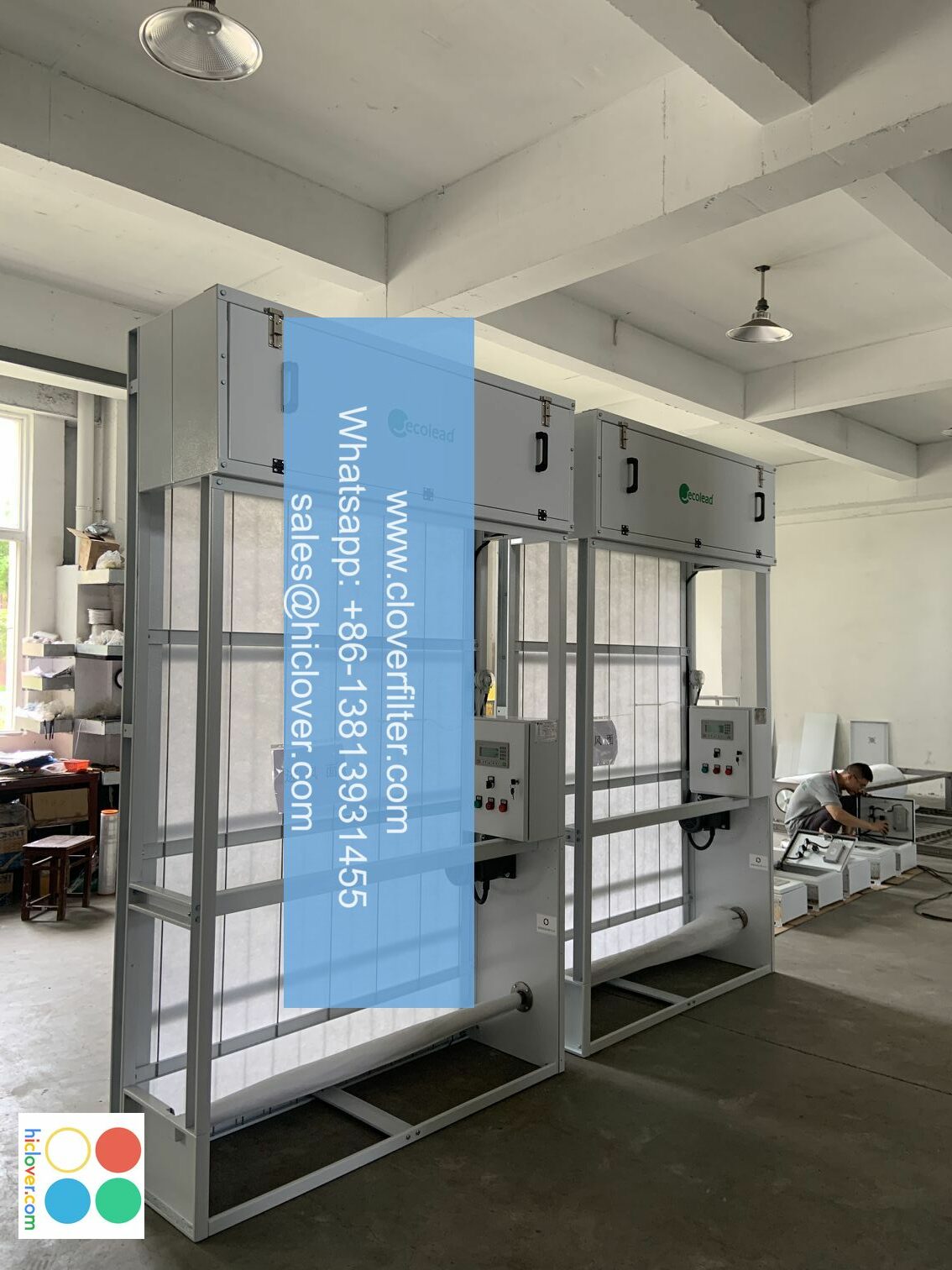Why Air Filter Contact Performance Matters in Indoor Air Quality

Why Air Filter Contact Performance Matters in Indoor Air Quality
Introduction
Indoor air quality (IAQ) is a significant concern for building occupants, building owners, and facility managers. According to the Environmental Protection Agency (EPA), poor IAQ can cause a range of health issues, from minor discomfort to life-threatening complications. Air filtration systems are a crucial component of maintaining good IAQ, but the performance of these systems depends heavily on the quality of the air filters used. In this article, we’ll explore the importance of air filter contact performance and its applications in various industries.
The Importance of Air Filter Contact Performance
Air filter contact performance refers to the efficiency of a filter in capturing airborne particles, gases, and other pollutants at the point of contact. When an air filter is in contact with the air stream, it must effectively capture airborne particles, gases, and other pollutants to clean and purify the air. A well-designed air filter with good contact performance can significantly improve IAQ by reducing particle and gas emissions, minimizing odor and allergen exposure, and reducing energy consumption.
Key Factors Affecting Air Filter Contact Performance
Several factors can impact air filter contact performance, including:
- Filter material: The type and quality of filter material used can significantly affect contact performance.
- Filter thickness: Thicker filters are more effective at capturing larger particles, while thinner filters are better suited for smaller particles.
- Airflow rate: Faster airflow rates can compromise filter performance, while slower rates allow for more effective particle capture.
- Temperature and humidity: Changes in temperature and humidity can affect the effectiveness of air filters.
Application Areas Where Air Filter Contact Performance Matters
Air filter contact performance is crucial in various industries, including:
- Commercial and Industrial Buildings: Maintenance personnel and facility managers must ensure that air filters in commercial and industrial settings are designed and installed to optimize contact performance, as poor IAQ can lead to increased absenteeism, reduced productivity, and damage to equipment and materials.
- Healthcare and Medical Facilities: In healthcare settings, airborne particles and gases can spread diseases and pose a serious risk to patient health, making air filter contact performance crucial for maintaining optimal IAQ.
- Residential Spaces: Homeowners and real estate professionals must consider air filter contact performance when selecting and installing air conditioning and heating systems to ensure optimal IAQ and minimize allergen and odor exposure.
- Food Processing and Manufacturing: In food processing and manufacturing, maintaining optimal air quality is critical to prevent contamination, ensure product quality, and meet regulatory requirements.
Conclusion
Air filter contact performance is a critical component of maintaining good indoor air quality. By understanding the factors that impact contact performance and selecting the right filters for specific applications, facility managers, building owners, and homeowners can improve IAQ, reduce energy consumption, and minimize the risks associated with poor IAQ. Whether in commercial, industrial, healthcare, or residential settings, optimizing air filter contact performance is essential for ensuring a healthier, more comfortable, and more productive environment.
References
- Environmental Protection Agency (EPA). (2020). Indoor Air Quality.
- International Society of Indoor Air Quality and Climate (ISIAQ). (2020). Air Filter Performance.
- American Society of Heating, Refrigerating and Air-Conditioning Engineers (ASHRAE). (2020). Air Filter Guidelines.
I’m happy to help! However, I didn’t quite catch what you were trying to say. Could you please rephrase or provide more context so I can better understand what you’re looking for?

